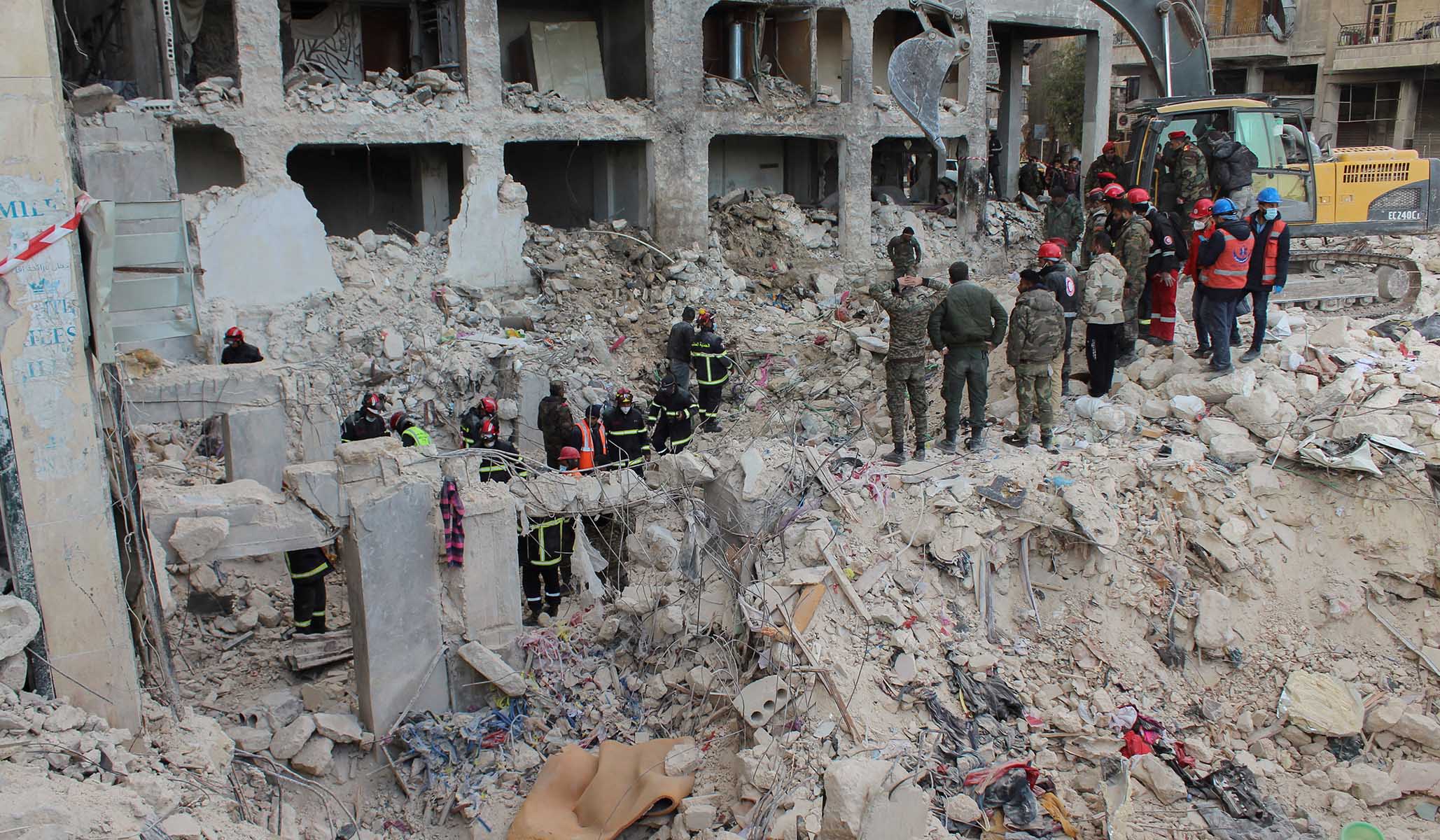


Syrian government forces have continued to bomb earthquake-stricken areas of the country controlled by opposition groups, according to a human-rights watchdog and a leading coalition of opposition figures.
According to a new report by the National Coalition of Syrian Revolution and Opposition Forces, the continued shelling by government forces killed two people and injured six others:
The report also shows that the Assad regime and its allies carried out at least 69 attacks between February 6 and March 1, including the use of heavy artillery, rockets, tanks, and snipers. The attacks were concentrated in Idlib province with 43 incidents, followed by Aleppo with 14, and rural Hama with 12.
The shelling began before the February 6 earthquake’s aftershocks had stopped. On February 7, U.K. member of parliament Alicia Kearns, the chair of the body’s Foreign Affairs Committee, said that forces under the control of Syrian dictator Bashar al-Assad had carried out a “truly callous and heinous attack” on the town of Marea, in Aleppo province. The Middle East Eye subsequently reported that there were “no material or human losses” from that attack.
The shelling has continued through early March, with the Washington-based Syrian Emergency Task Force, a human-rights watchdog, cataloging twelve shelling incidents across northwestern Syria, near the border with Turkey, during the past week. One man was killed and another wounded in a guided missile attack in the village of Baftamoun on February 22, according to the group.
The Syrian government’s continued attacks come amid a push by the Assad regime to re-emerge on the international stage, as the Syrian civil war enters its twelfth year. The earthquake has provided an opportunity for the regime to bolster its legitimacy somewhat, with a number of Arab governments sending officials to meet with Assad in Damascus. One delegation last month included senior lawmakers from Iraq, Jordan, Palestine, Libya, Egypt, Oman, Lebanon, and the UAE, according to Reuters. Egyptian foreign minister Sameh Shoukry also traveled to Damascus to meet Assad.
Meanwhile, Washington has eased up the sanctions architecture it has used to punish regime officials for their role in the government’s industrial-scale human-rights atrocities throughout the squelching of the Syrian uprising. Last month, in the wake of the earthquake, the Treasury Department issued broad exemptions to sanctions put in place under the Caesar Act, in order to allow aid to flow into the country. But human-rights advocates say that the temporary policy, which was authorized for six months, would only benefit the Syrian government, without actually affecting aid deliveries.
“Sanctions target the war criminals of the Assad regime that are blocking the cross-border aid to the hardest hit areas of Syria,” Syrian Emergency Task Force executive director Mouaz Moustafa told Voice of America last month.
